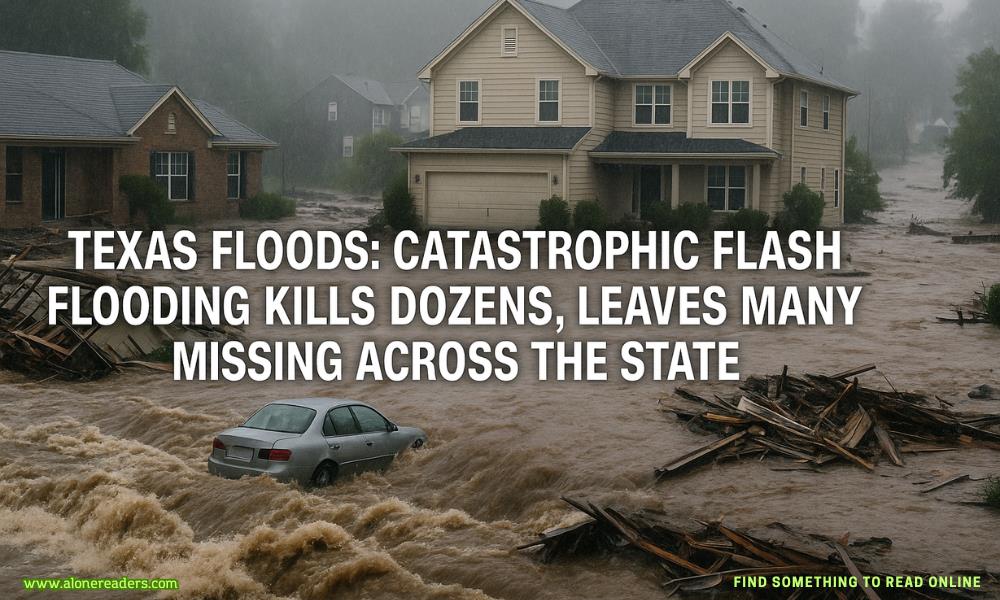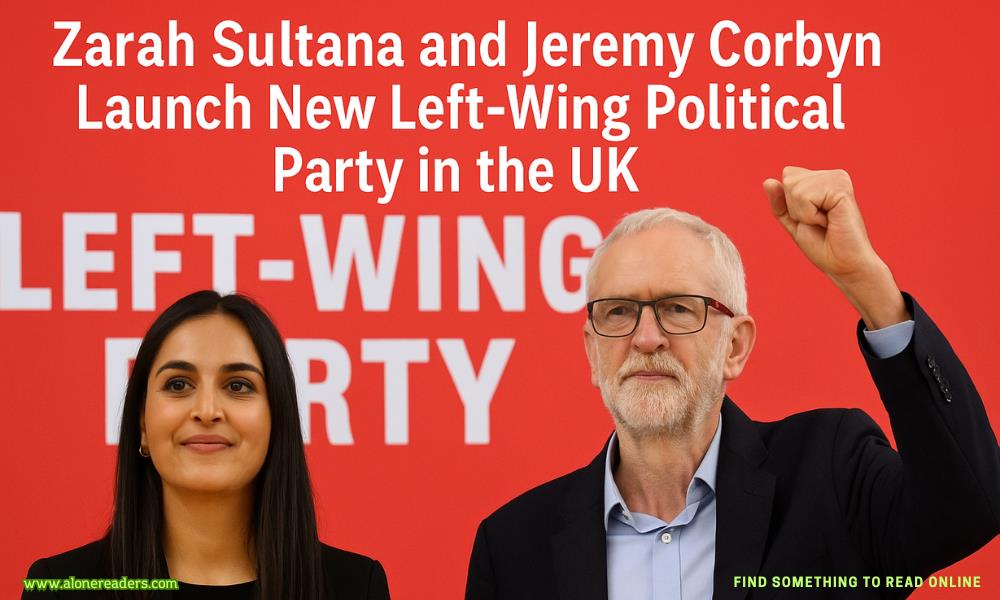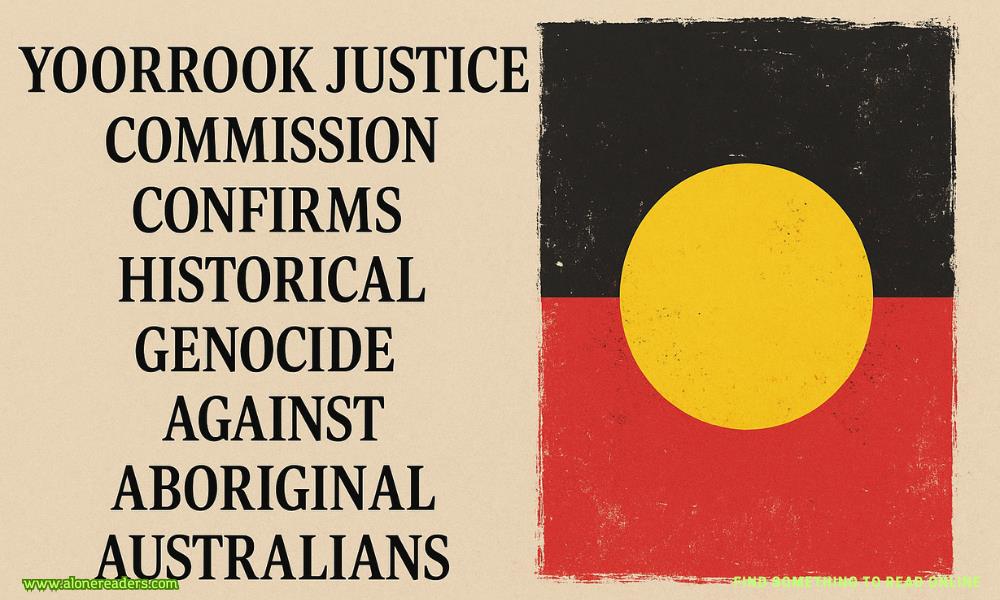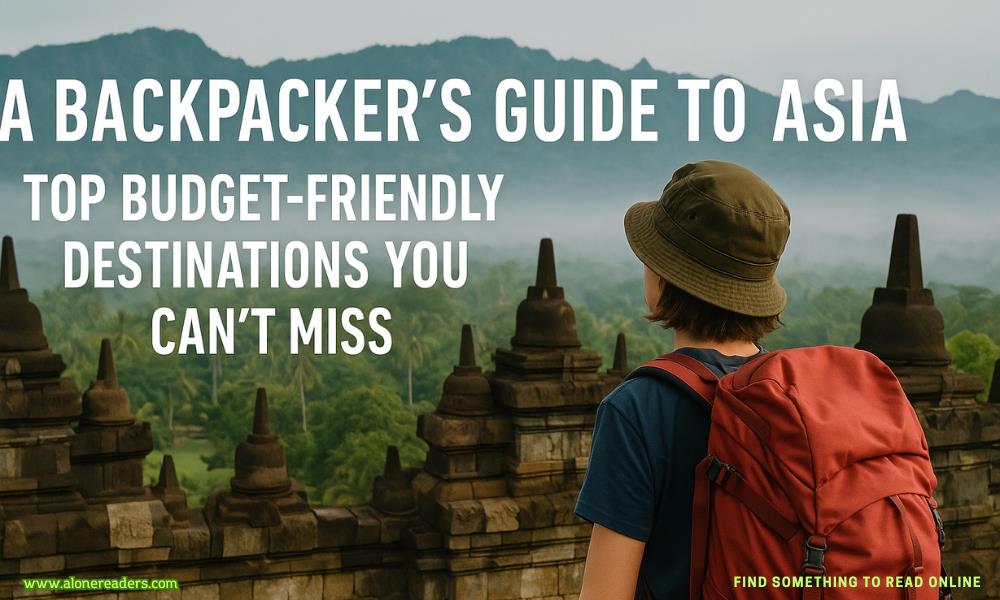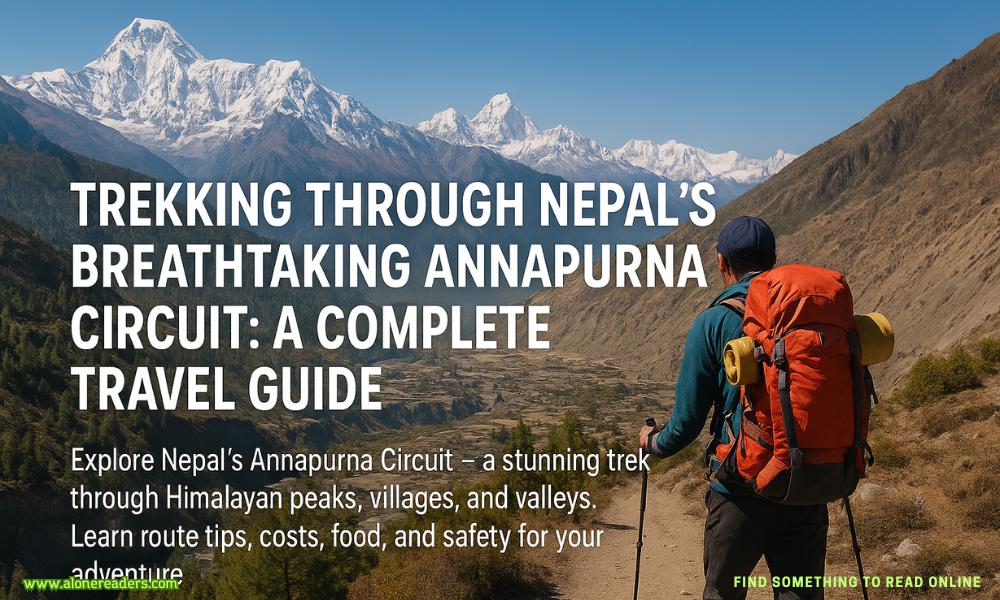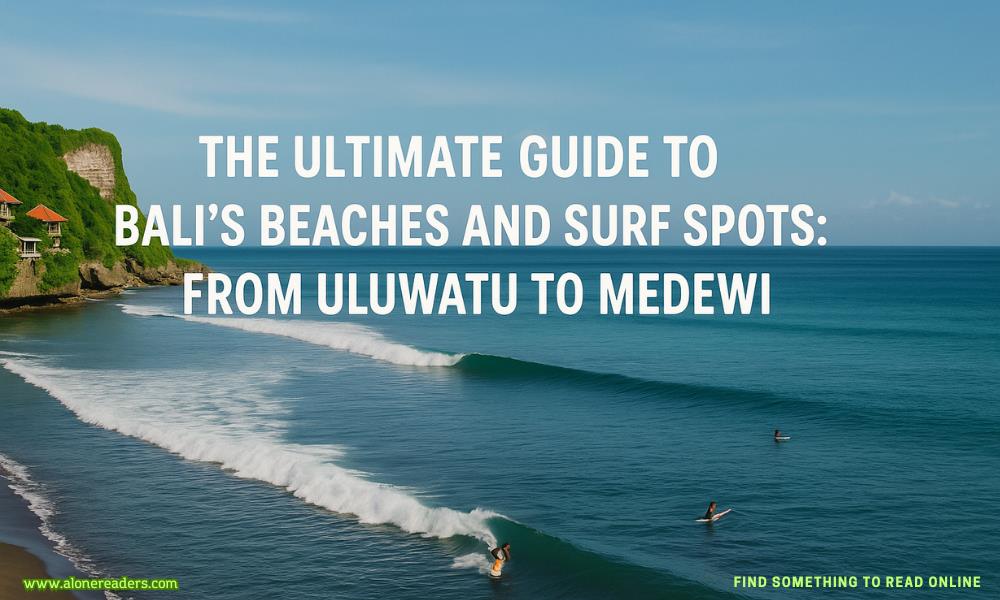Page 115 of Nine-Tenths
"Not precisely," Dav says. "Though Luiz would appreciate a paper copy of your thesis—"
A pit of horror yawns wide inside me. "Oh my god, I've turned into you."
Dav does that affronted-pigeon thing. "What do you mean?"
"I'm going to come here, and sit in that corner, and do nothing because I'm notallowedto."
"You're twisting my words," Dav says sharply, frown growing. "Don't exaggerate."
"But I'm not wrong. You're a… a gentleman of leisure who only came in to fill your days, and now that I'm… I'myours, I'm the same?"
"Sarah fills her days just fine. Janet did as well, until you declared her superfluous."
"Who?"
"My driver."
Now I feel like an asshole.
Hadi pats my knee softly. "Hey. Listen, you've spent a whole year bitching that you don't know what to do with your life."
"Not awholeyear," I mutter. Hadi and Dav share another conspiratorial look that makes it clear that they both take umbrage to that claim.
"And now you got what you wanted. Time, and space to explore your potential. And money—forgive me for saying so Dav—to take care of the rest while you do."
"No, by all means, you're correct," Dav allows. "The state of my coffers is such that Colin need not take employment for the rest of his life, should he so choose."
"But I don't want to beuseless."
I don't want to be a pet, to be coddled, and fed, and played with. But that's what a Favorite is, isn't it? They're just a living, breathing ornament.
"If you want employment, a job title, a schedule, we’ll arrange it," Dav says. "If you want none of those things, my income will provide for you. You don't have to decide immediately."
"Enjoy the honeymoon period," Hadi says, and I look up sharply, because, okay, how much does she know? Is she aware Dav and I are kind of dragon-married now? Or is she just talking about the nice part of the relationship where everything is a golden bubble and you can't keep your hands off each other?
I mean. Dav and Ican'tkeep our hands off each other.
"Why don’t you just come in every morning, and we'll see how it goes from there." Hadi says.
"Colin?" Dav asks me.
"If you think the paps'll leave off, then yeah, okay. Yeah."
"They'll leave off," Dav says, with a dangerous finality.
Chapter Thirty-One
We settle into a routine. Mornings we go to Beanevolence, surrounded by my friends, and sometimes come home to more blurry #Alvalin photos on the news or social feeds. Invasive as it is, at least we’ll never have the problem of never having any photos together. Jeeze. In the afternoon, we work on the farm, surrounded by Dav’s beloved hoard. In the evening, we play cards with the field hands, where Dav loses a small fortune in dimes (on purpose, I sometimes think), or the kids teach us the latest board game, or we tuck up in the hideous orange lounge, surrounded by one another.
He tells me stories about people whose famous names have become streets and parks: Jarvis, Brock, Pierpoint, and the other heroes of the wars he’s fought in. I tell him stories aboutchem labs, and getting tipsy at tastings, and hijinks at the minigolf course on Lundy’s Lane, which now stands on the place he’d once made camp and given orders.
For good or bad, it gives me a lot of time to think.
While Janet teaches Dav how to handle the car, I look out the window and think about territory, and colonies, and wars. When I pop back to my apartment for spare clothes and to pick up the mail, I think about property taxes, and how a small part of my rent had been landing in Dav's pocket, and I'd had no idea. While we sit in the front window of the café, and I pour over a freshly-printed version of my thesis and the freshest academic publications so I can update it, I think about sustainability, and a dragon's life span, and what it means to modernize so much that you slide into the past.
When I meet up with Dikimbe and Mauli at the bar, I think about how everyone can see my pin, and how my behavior will forever be the yardstick by which Dav is measured. When Stu laughs about some weird telephoto shot of me, I think about privacy, and the performative nature of social media, and what it means to be owned by the public. When I walk past the pharmacy and catch a glimpse of Pedra, I think about food allergies, and taboos.
When we get silly videos or photos of sunsets over the lakes from Onatah, I think about how beautiful the cities on her territory are, like something out of a solarpunk futurist's wet dream. I think about how her architects build up, not out, preserving the land and serving the people, all at once. I think about how much urban planners here could learn from her; how much I, personally, could learn.
- Daddy's Accidental Babies by Sofia T. Summers
- Death by Michelle Heard
- Feral by Jenika Snow
- Quadruplets for the Vipers by Tia Quinn
- Beautiful Sinner by Ivy Davis
- Ride Me Cowboy by Clare Connelly
- Bound in Matrimony by Emma Bray
- Calla's Boys by Yolanda Olson
- Property of Anchor by Winter Travers
- Punish Me, Daddy by Sara Fields
- His Mark by Sara Fields
- Filthy and Fierce by Hope Ford
- Vow of Obsession by Lucy Darling
- Veiled Vengeance by Ivy King
- Don't Say You're Sorry by Bethany Winters
- Kingston by Terri Anne Browning
